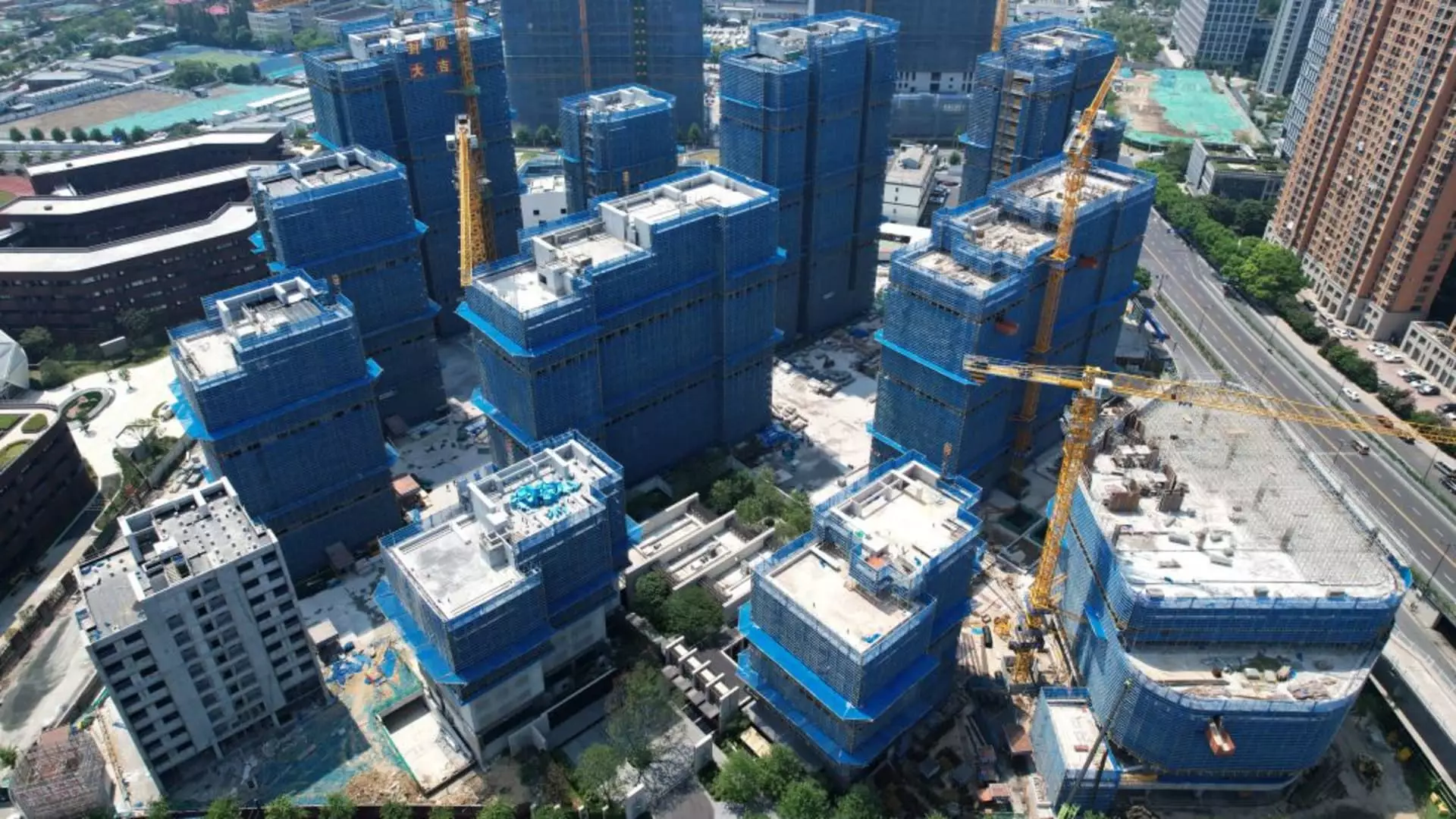As China continues to grapple with property struggles and U.S. sanctions, the latest Milken Institute’s best performing cities China index sheds light on the varying impacts on different cities. Hangzhou, the capital of the eastern Zhejiang province, has emerged as a frontrunner in this year’s rankings, thanks to its thriving tech industry which is home to giant companies like Alibaba. The city’s growth as a hub for e-commerce, manufacturing, and finance has propelled it to the top spot in the index, showcasing its economic vibrancy and growth prospects.
On the other end of the spectrum lies Zhuhai, once considered a “rising star” but now facing a significant drop in rankings due to the slump in the real estate sector. Located in the southern province of Guangdong near Hong Kong, Zhuhai plummeted 32 places in the latest index, reflecting the struggles faced by cities heavily reliant on the property market. The slowdown in real estate transactions also impacted builders who faced financial constraints in completing their projects, highlighting the economic challenges faced by the city.
Dongguan, known as the city of factories and home to Huawei’s sprawling European-style campus, faced a different set of challenges with the imposition of U.S. sanctions. As a result, Dongguan dropped 15 places in the index rankings, underscoring the impact of geopolitical tensions on the city’s economic performance. The city’s decline serves as a reminder of the interconnectedness of global markets and the repercussions of international policies on local economies.
In contrast, the nearby metropolis of Shenzhen saw an improvement in its rankings, landing in 9th place behind Beijing. Despite being a hub for Chinese companies initially blacklisted by the U.S., Shenzhen managed to fare relatively well compared to other cities. The city’s innovative ecosystem and strong tech presence have positioned it as a key player in China’s economic landscape. However, the challenges posed by U.S. sanctions continue to loom over the city’s growth trajectory.
Wuhan and Hefei, located in Central China’s Hubei and Anhui provinces respectively, have demonstrated resilience in the face of economic challenges. Despite the geopolitical drag on exports, Wuhan surged nearly 30 places in the latest index, thanks to its efforts in keeping factories operational during the pandemic. On the other hand, Hefei’s focus on technological development with direct government support has placed it among the top ten cities in the rankings. These cities have showcased the importance of innovation and adaptive strategies in navigating turbulent economic landscapes.
The dynamics of China’s cities reflect a complex interplay of economic, political, and technological factors. While some cities like Hangzhou and Shenzhen thrive as tech hubs, others like Zhuhai and Dongguan grapple with setbacks in the property market and U.S. sanctions. The resilience shown by cities like Wuhan and Hefei highlights the importance of adaptability and innovation in maintaining economic stability. As China continues to navigate through challenges, the performance of its cities underscores the need for strategic planning and diversified economic growth strategies to ensure long-term sustainability and prosperity.

